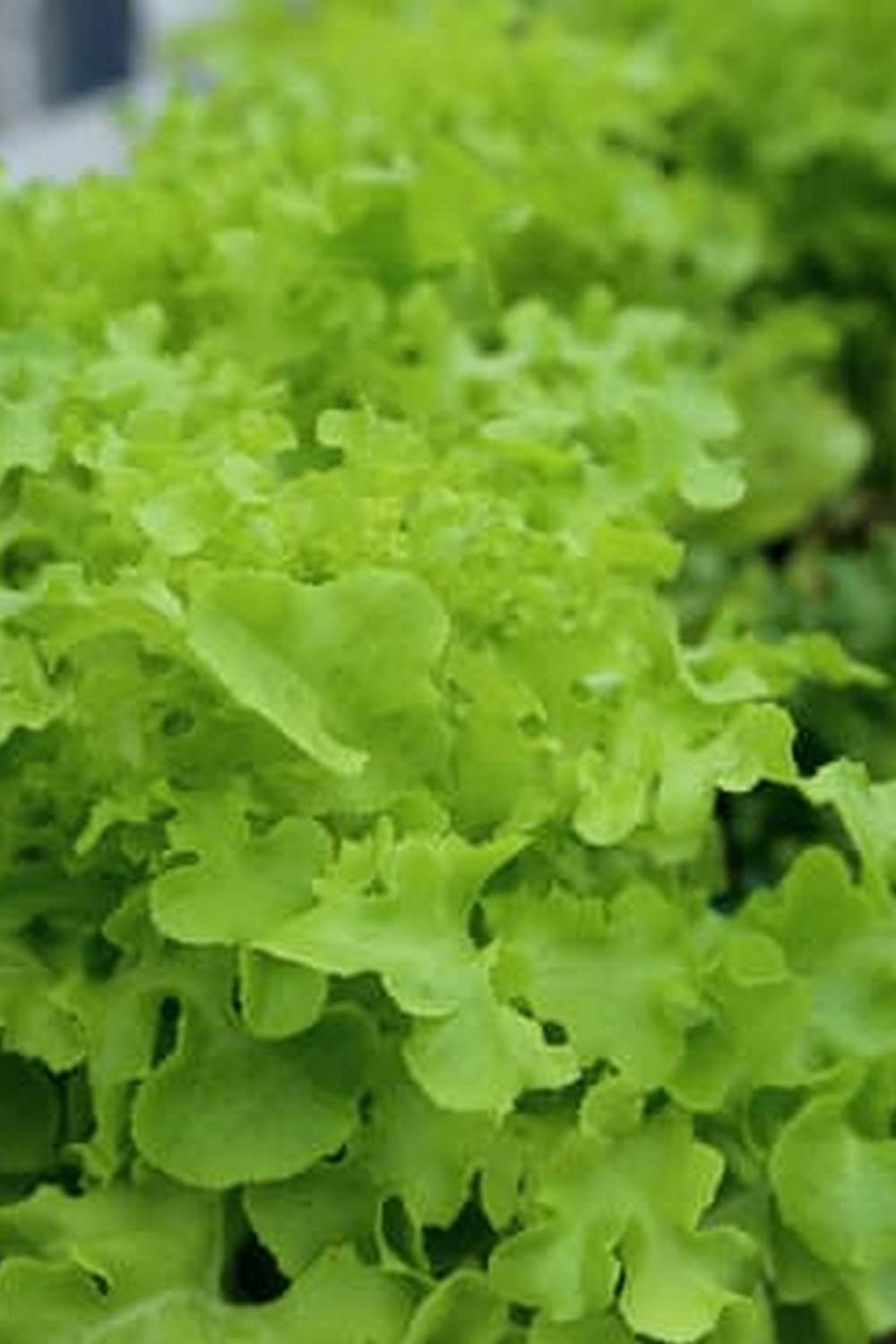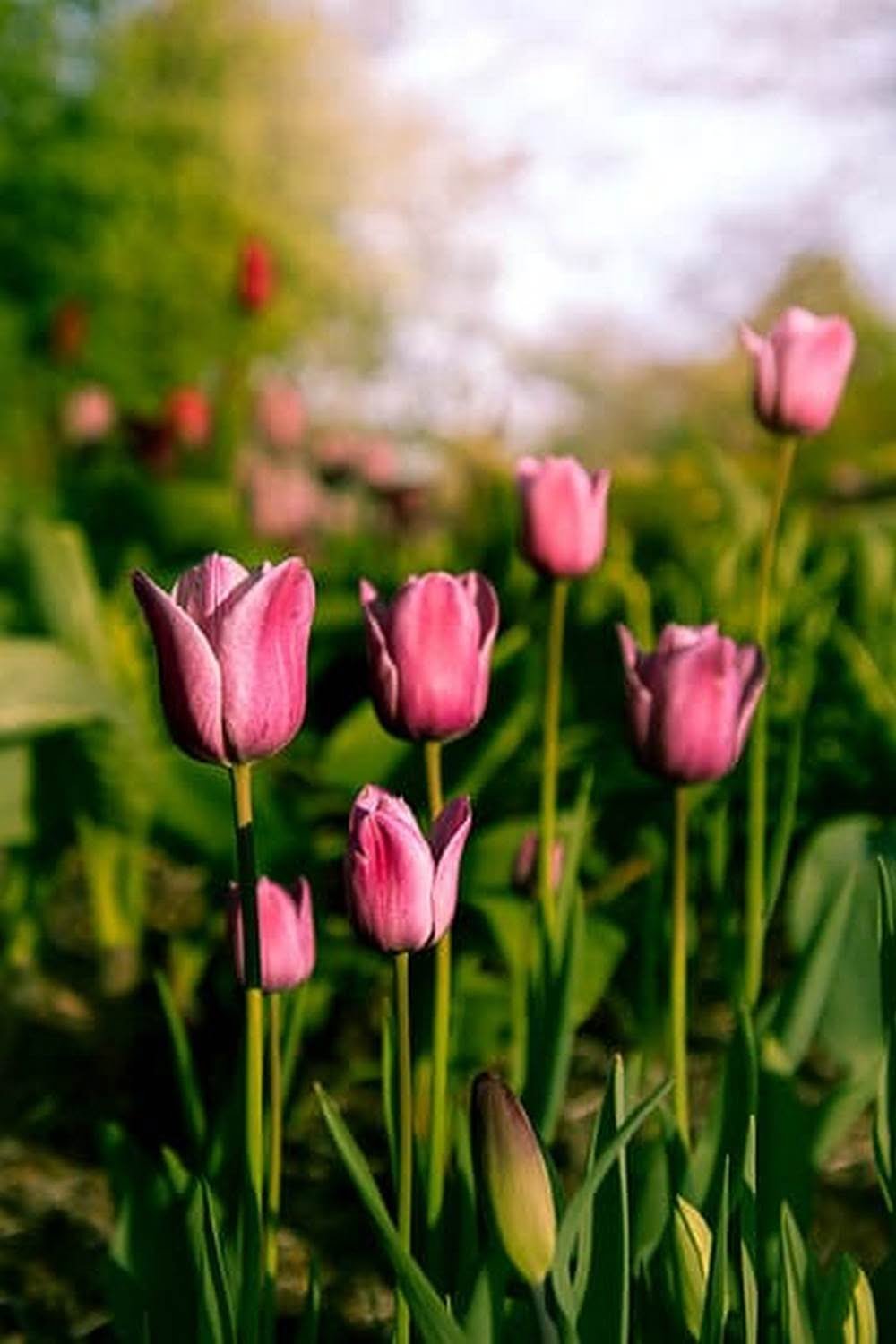Introduction
Having squirrels in a vegetable garden can be a serious problem. Not only can they steal and eat vegetables, but they can also disturb the soil looking for insects and cause damage to the overall balance of the garden. It is important to learn how to control squirrels in a vegetable garden so that you can protect your plants and still enjoy your outdoor space.
One common solution to controlling squirrels in the garden is to construct an exclusion fence around the perimeter by using chicken wire or polyester mesh. This should be placed at least two feet high and it should extend at least 12 inches below the surface of the soil to prevent critters from digging underneath it. Additionally, set up scare tactics such as motion-activated water sprinklers or noise makers, which are designed to frighten away wildlife when they come near. Planting shrubs or tree shrubs near the perimeter may also act as another form of nature barrier due to their thick foliage.
You may also consider introducing natural predators into your yard such as owls, hawks, snakes etc., which will help keep rodent populations in check naturally. Make sure you provide these predatory birds with nesting material and hiding places such as birdhouses or brush piles so that they can build their homes closeby if needed. Please note that many states have laws regarding what type of animals you can introduce in your gardens without prior permission from local authorities; make sure you check for local regulations before attempting any trapping or relocation activities.
Finally, you may want to set up food traps using live bait along with a variety of repellents such as garlic oil spray or natural predator urine (foxes, coyotes etc.) This can be used around specific plants where squirrels are particularly troublesome; however use caution when using poisons or strong toxins – these ingredients must be kept well beyond reach from any children who may visit your garden regularly.
Overall, controlling squirrels in a vegetable garden requires patience, ingenuity and some trial-and-error efforts on your part; but with these tips you should have an easier time maintaining organic harmony within your outdoor space in no time!
The Challenges of Controlling Squirrels
Squirrels can be a real nuisance in any vegetable garden, as they are highly opportunistic and love to get their paws on any produce they can find. Unfortunately, gardeners have very limited options to stop them in an ecologically-friendly manner.
Controlling squirrels means understanding why and when they’re appearing in your garden. They’ll usually come in search of food or shelter, so typically eliminating plentiful sources of food and providing adequate shelter alternatives can help keep them away. Keeping bird feeders away from the garden is also important to reducing attractants, as squirrels love both seeds and nuts.
Some gardeners turn to exclusion techniques such as fencing or netting around vulnerable crops, but this only works if done correctly as these animals are proactive climbers and escape artists. Furthermore, too much fencing may discourage necessary wildlife that help gardens thrive such as pollinators and larger predators like hawks who hunt smaller mammals.
Another option includes making a home-made repellent using pungent smelling ingredients such as garlic, pepper or hot sauce sprinkled around the perimeter of the gardening area; however most crafty squirrels quickly learn how to avoid these odors and it may require reapplication every few days for effectiveness. A more effective approach may be adopting scare tactics by placing plastic predators like owls or snakes around the space (make sure you regularly check on them!) or investing in ultrasonic noise makers that deter small animals with their high frequency sounds only they can hear—though neighbours may not appreciate this one!
Deterrents
Motion-activated sprinklers are an effective way to control squirrels in vegetable gardens. When they detect motion, they turn on and startle the animals with a sudden spray of water that prevents them from coming closer. Another deterrent that has proven useful is the use of artificial fox urine. Foxes are natural predators of the squirrel family, and when their smell is present it gives off the impression that there could be danger nearby. Sound machines can also help to scare away squirrels by playing repetitive, loud noises like oliphant calls or wind whistles. Finally, some gardeners find success by using fences around their plots to physically keep out unwanted animals. These barriers should be at least five feet tall and buried several inches underground so that inquisitive pests cannot dig underneath them.
Nuts and Seeds as Bait
Using nut- and seed-based bait to keep squirrels away from your vegetable garden is a popular and effective method. Simply scatter an ample amount of nuts or seeds out in the open areas of your garden and wait for the squirrels to come. Since these animals are naturally drawn to these sources of protein, they will come running at the very sight of them. Be sure to put down enough peanuts, walnuts, pumpkins seeds or other types of edible nuts or seeds that can attract them.
Once the squirrels have been lured away from the veg patch, it’s important to take preventative steps ( precautions ) to ensure that they don’t make their way back. For this reason, you should ensure that the area where you placed the bait has been made inaccessible; either by covering it with a mesh netting or burying temporary fences in the ground around it so that only small creatures like birds can access it. If distances between these two separate spots are kept safe and able to be monitored frequently then you’re in good stead.
Finally, be sure to check on the bait sites regularly and replenish them when necessary as squirrels tend to consume their treats quickly!
Plant Care and Maintenance
Having a proper soil pH is an important step in controlling squirrels in the vegetable garden. Keeping soil pH between 6 & 7 is ideal for most vegetables plants and this can be tested using a soil test kit. To ensure maximum nutrients are available to the plants, adding compost or manure to the soil can also help by making it more nutrient dense.
Adequate drainage and aeration of the vegetable garden helps to reduce over watering, encourages deeper root growth and therefore stronger plants which will be less attractive to squirrels. This can be done by mixing organic materials such as sand, compost or bark, into the topsoil.
Providing adequate sunlight is essential as most vegetable garden require six or more hours of direct sunlight each day. Planting sun-loving varieties of vegetables closer together and on one side of the garden will help maximize light exposure for all plants in the garden. Placing plants far enough apart so that air circulation is good and staking tall varieties with supports can help reduce disease issues caused by lack of sunlight.
Finally, establishing certain physical barriers like mesh cages or netting around your plants will discourage squirrel intrusion but should not block out necessary sunlight–unnecessarily creating microclimates within your own vegetable garden!
Encouraging Predators
One effective way to combat squirrels in your vegetable garden is by encouraging predators. Planting or positioning food sources to lure in local predators who can help keep the squirrels away from the garden is an excellent first step. For example, some backyard wildlife such as owls, hawks, foxes, snakes, cats and dogs can be used to your advantage. Additionally, you can set up areas with high visibility that will make it easier for predator birds to stay alert of their presence and keep them away from your vegetables.
You may also need to consider certain methods for deterring other nuisance animals such as large birds from your garden. This may include using netting over a raised bed area or fencing around it to prevent larger pests from getting into the garden and consuming produce before harvest time. Furthermore, you can use motion-activated devices that scare away any unwanted visitors as soon as they enter the area to help protect any plants and vegetables that are growing in the area. Finally, if all else fails, contact a local pest control professional who will be able to offer additional strategies for keeping animals out of your vegetable garden.
Fencing
Fencing is often the most effective solution for preventing squirrels from entering vegetable gardens. The type of fencing necessary and the height at which it should be placed will depend on the particular species of squirrel that are causing trouble. Generally, chicken wire, metal mesh or plastic netting can be used to build a fence between 2-3 feet high. Wooden garden fences constructed with boards or slats may also help to keep out squirrels, although these materials tend to deteriorate quickly due to seasonal weather and require more regular maintenance than other fencing materials.
When constructing a fence, there are several design features one can use to make it as effective as possible at deterring rodents. Using smooth posts with sharp edges and making sure all joints are sealed tightly are important steps in blocking potential entrances and exits for squirrels. Additionally, creating an overhang covering part of the fence will prevent squirrels from jumping onto it from above. Placing additional small-mesh wire around the perimeter of the garden, burying some of the structure beneath ground level, or adding an electrical fence once installed can further increase its barrier effectiveness.
For homeowners wishing to enhance their garden’s overall aesthetic while reinforcing its protective perimeter, there are several options available when decorating a fence against rodents. Adding flowering plants such as honeysuckle or clematis along its length can make it more pleasing to look at while still helping to keep out trespassers. Other ideas include weaving long branches into the structure itself or adding trellises on either side covered in ivy or other climbing plants. Painting or staining wooden components different colors can also help beautify this addition while sending a clear message: you have now entered “rodent-proof” territory!
Conclusion
The best way to control squirrels in your vegetable garden is to create a balanced ecosystem throughout your yard and garden. Start by filling any holes or cracks in fences that may allow easy access for the critters, as well as securing bird feeders or avoiding additional bird food sources altogether. Additionally, using raised bed gardens can be helpful if fencing isn’t an option. To further deter the pests, use fragrant plantings such as marigolds. Finally, keep any plants that have ripened to pick in an enclosed container, such as a mesh bag or caged box, until harvested.
When it comes to pest control in vegetable gardens and throughout our yards, it is important to practice natural ecological practices whenever possible. This helps protect our native wildlife by preventing them from being destroyed either through trapping and killing methods or hurt by unsafe chemical treatments. Instead of relying on these techniques, take the time to appreciate some of the bugs and animals present in our environment – they actually play an important role in keeping other populations healthy! By taking preventative steps outlined above and adopting mindful practices when using pest control measures you can reduce most conflicts with squirrels while protecting diverse ecosystems at the same time.

If you’re looking to get into vegetable gardening, or are just looking for some tips on how to make your current garden better, then you’ve come to the right place! My name is Ethel and I have been gardening for years. In this blog, I’m going to share with you some of my best tips on how to create a successful vegetable garden.





